Overview:
In late May, the Federal Court of Australia handed down a landmark decision that sets a precedent for how casual employees are legally classified under the Fair Work Act 2009.

In the Federal Court ruling, it was determined that, under the Fair Work Act 2009, a casual employee may be classified as a permanent employee – and therefore be eligible for annual leave, sick leave and other entitlements – if their work is regular, consistent, predictable over a period of time and is likely to continue into the foreseeable future. A “reasonable period of time” could be anything more than six months.
Importantly, this decision creates several questions employers with casual staff. However, it’s important that employers understand this situation and how it came about to determine whether the new ruling may impact their workforce.
What happened?
The case that brought about this decision concerned coal mine worker Robert Rossato, who was employed by labour hire firm WorkPac at two Queensland mines operated by Glencore.
In the case, Mr Rossato successfully argued that his three-and-a-half-year tenure with WorkPac was a permanent role disguised as casual employment. Mr Rossato worked on six different contracts at Glencore mines on a casual basis, at one point working 12-hour shifts for seven days straight followed by seven days off.
The Federal Court found that Mr Rossato’s pattern of work constituted “regular, certain, continuing, constant and predictable” work, thus rendering the true nature of his employment permanent, not casual. The Court also found that, despite paying Mr Rossato a 25% casual loading, this will not preclude him from seeking payments equivalent to annual, personal and compassionate leave or public holiday entitlements for the duration of his employment. In other words, Mr Rossato was able to “double dip” by receiving the 25% loading, and also being entitled to paid leave.
A refined definition of casual employment
Whilst the case itself very much turns on its specific circumstances, it would seem that as a result of the ruling in the Rossato case, casual employees who are engaged as casuals and work reasonably predictable hours – both retrospectively and into the future (i.e. advance rosters for at least one month over a 6 or 12-month-plus period) – are likely to be considered permanent employees for the purposes of the Fair Work Act 2009.
Despite employers acting in accordance with the well-entrenched practice of hiring employees as casuals and paying them as such, the Court has concluded that this alone is not a deciding factor of the casual employment relationship. Therefore, employers should view the term ‘casual employee’ as one whose employment is temporary in nature and who has no firm commitment or expectation of work in advance from their employer. A casual employee is also entitled to not accept all work an employer might offer.
As an example, an employee who works to a roster that could change day to day, or week to week and who can also refuse, or swap shifts, would most likely be deemed a casual under this definition.
What do you do as the employer of casuals now?
If you are an employer of casual workers, there are three key steps you should take immediately to ensure your continued compliance with the Fair Work Act 2009:
- Review all your casual employee arrangements to ascertain how long they have been employed with you and their pattern of hours. Ensure their rostered hours reflect a true casual arrangement.
- Ascertain what Award applies and understand your obligations regarding the casual conversion requirements in that Award.
- Assess any risk of back pay for “long term” casuals.
With the prevalence of casual workforces in Australia this case highlights the need for the Federal Government to urgently consider legislative reform to provide certainty to businesses and casual employees, and to prevent double-dipping claims by casuals Perks People Solutions will notify employers of any changes to the law in this regard.
If you require an audit of your casual employees’ status and wages to ensure that you are paying your permanent and casual employees correctly, or advice on how to manage the casual conversion process, get in touch with HR Consulting Director, Cecilia White, and the team at Perks People Solutions.
Meet our experienced and dedicated team of consultants
Our Consultants
Want to know more? Get in touch.
Please fill out the form below to make an appointment or request more information.
h
Let our wealth of knowledge and experience guide you.
Related Insights










